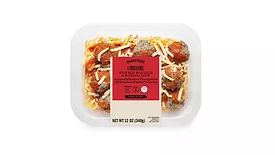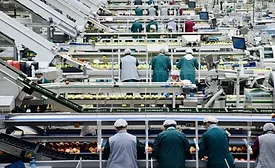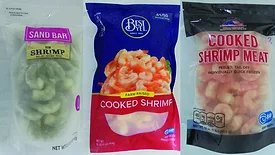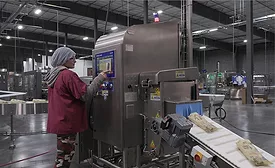Home » Keywords: » recalls
Items Tagged with 'recalls'
ARTICLES
You think you might have a food safety issue—and may even need to recall. Now what?
Read More
EVENTS
Webinar
3/4/25 to 3/4/26
Contact: Vania Halabou
Navigating Food Safety Audits: Expert Tips and Best Practices
Webinar
3/31/25 to 3/30/26
Contact: Vania Halabou
Avoid Costly Sanitation Failures with Validation, Verification, and Re-Validation
Webinar
1/27/26 to 1/27/27
Contact: Vania Halabou
Strategies for Reinforcing Food Safety Culture Among Temporary and Seasonal Staff
Never miss the latest news and trends driving the food safety industry
Newsletters | Website | eMagazine
JOIN TODAY!Copyright ©2026. All Rights Reserved BNP Media.
Design, CMS, Hosting & Web Development :: ePublishing











